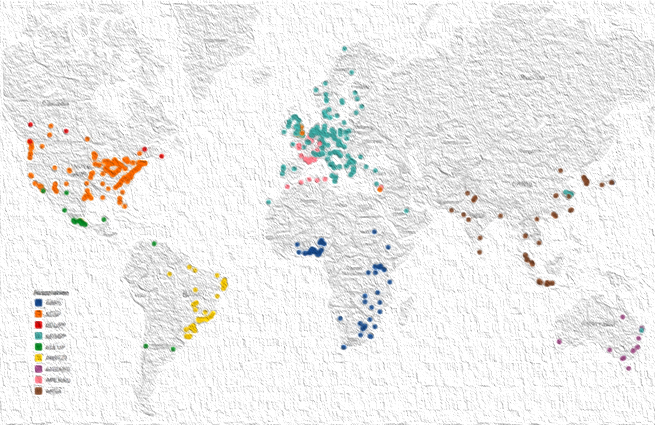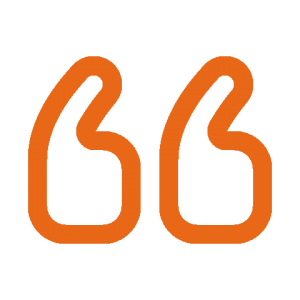A new paper from Knowledge in Action for Urban Equality – KNOW investigators Julia Wesely and Adriana Allen, HIC President. Available here.
Urban planning as a networked field of governance can be an essential contributor for de-colonising planning education and shaping pathways to urban equality. Educating planners with the capabilities to address complex socio-economic, environmental and political processes that drive inequality requires critical engagement with multiple knowledges and urban praxes in their learning processes. However, previous research on cities of the global South has identified severe quantitative deficits, outdated pedagogies, and qualitative shortfalls in current planning education. Moreover, the political economy and pedagogic practices adopted in higher education programmes often reproduce Western-centric political imaginations of planning, which in turn reproduce urban inequality. Many educational institutions across the global South, for example, continue teaching colonial agendas and fail to recognise everyday planning practices in the way cities are built and managed.


This article contributes to a better understanding of the relation between planning education and urban inequalities by critically exploring the distribution of regional and global higher education networks and their role in de-colonising planning.
The analysis is based on a literature review, quantitative and qualitative data from planning and planning education networks, as well as interviews with key players within them. The article scrutinises the geography of these networks to bring to the fore issues of language, colonial legacies and the dominance of capital cities, which, among others, currently work against more plural epistemologies and praxes. Based on a better understanding of the networked field of urban planning in higher education and ongoing efforts to open up new political imaginations and methodologies, the article suggests emerging room for manoeuvre to foster planner’s capabilities to shape urban equality at scale.